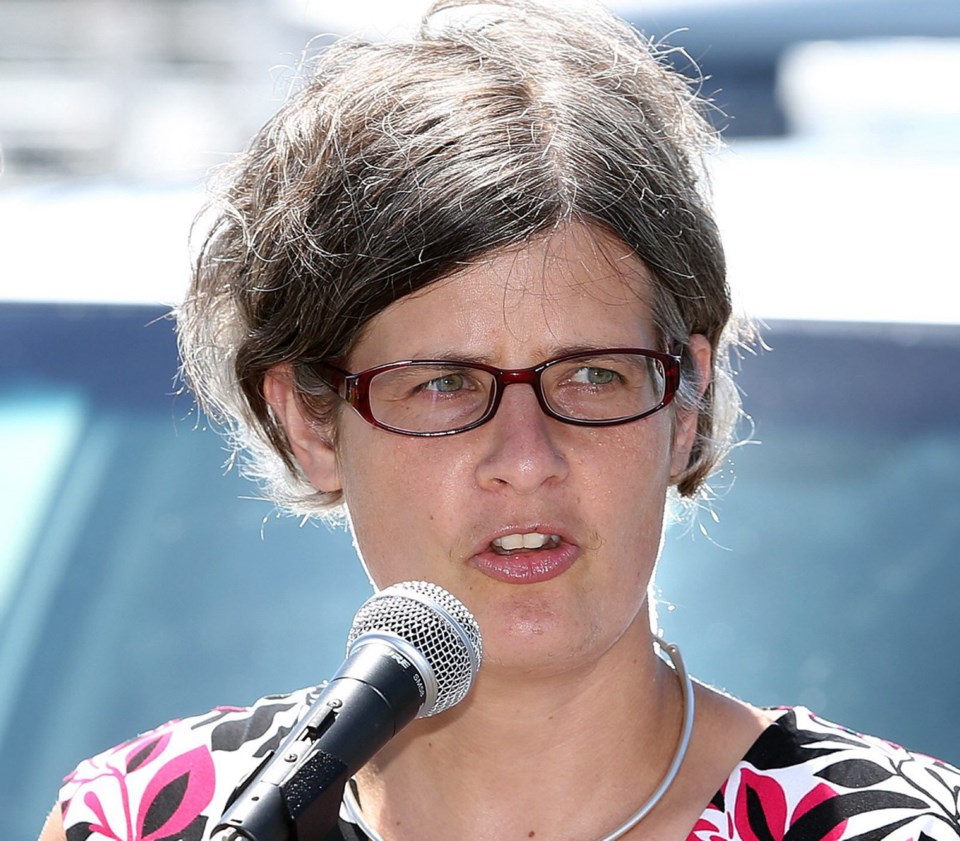The capital region’s sewage committee has created a technical oversight panel that didn’t exist under the Seaterra program, in hopes of avoiding another failed project.
The six-member panel will provide independent vetting of the engineering, business case, lifecycle costing and other project analysis. The committee has also hired a fairness and transparency adviser to handle any complaints about the process.
In addition, the committee agreed to pay $250,000 for the next step in technical support, detailed cost analysis and engineering work by Urban Systems and Carollo Associates.
“The technical oversight panel is extremely important because it’s at an arm’s length from the project, but reports to the elected official,” said Victoria Mayor Lisa Helps, chairwoman of the core area liquid waste management committee. “I think that was a key element missing in the past.”
Vancouver business adviser and architect Teresa Coady has been selected as chairwoman of the new panel. Coady was most recently the chief operating officer of design firm Kasian and was founding partner of design firm Bunting Coady.
Other panel members are Halifax wastewater services director Susheel Arora, San Diego utilities director Roger Bailey, wastewater management and gasification expert Jeffrey Scott Snyder, retired chartered quantity surveyor Robert Atkins and Bruce Jank, CEO of Canadian Clean Water Technologies.
The five panel members will be paid a $12,000 honorarium per year; Coady will be paid $30,000. They will each receive $750 per meeting up to four hours long, an additional $750 for meetings that go over four hours, and travel disbursements.
Helps said six people were selected instead of the planned two to five, because, together, they represented the breadth of experience that the sewage committee was interested in seeing.
“We thought each of them had a unique skill set that didn’t overlap very much with the others,” Helps said.
Victoria Coun. Geoff Young, who also sits on the sewage committee, said he was concerned the panel represented experts who already favour some technologies over others.
In the past, technical recommendations have been perceived as biased toward one technology or another, he said. “I think it’s fair to say the technical oversight panel appointees are aware of what their role is: To ensure we have a good, fair evaluation. And I certainly hope they take those instructions to heart.”
The CRD has also appointed Kim Cholette, who has worked with various administrative tribunals over 20 years, to a new fairness and transparency adviser position. In addition to investigating public complaints, Cholette is to ensure the process of costing, working with host municipalities and preparing an amended plan is impartial and objective. The budget for the position has not been set.
Urban Systems, which has been involved in the public consultation process, is moving on to cost and feasibility analysis of potential sites with support from Carollo Associates.
The defunct Seaterra project’s final two employees, including boss Albert Sweetnam, will wrap up work by the end of September. Seaterra cost taxpayers more than $40 million by July 22, or $51 million once commitments are incorporated, a CRD report said.
Seaterra was dismantled after millions of dollars were spent on planning a sewage plant at McLoughlin Point; that effort was shut down after it failed to receive zoning approval from Esquimalt council.



